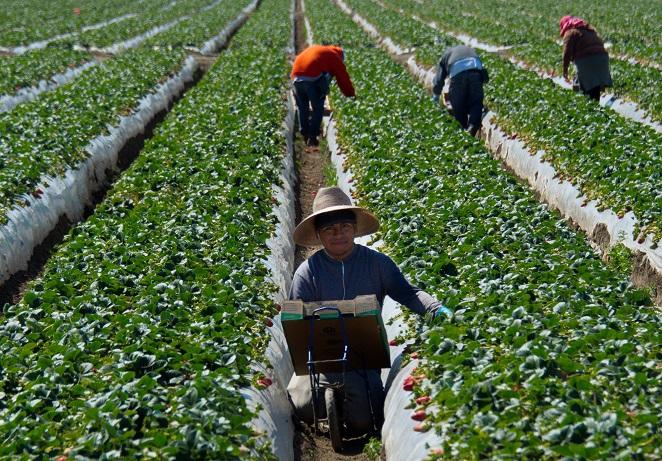A California regulation allowing labor organizers to disrupt businesses for hours every day for one-third of the year to recruit new members is unconstitutional, the Supreme Court ruled in a 6–3 vote along ideological lines.
“Today’s ruling is a huge victory for property rights,” Pacific Legal Foundation (PLF) senior attorney Joshua Thompson said in a statement. The decision “affirms that one of the most fundamental aspects of property is the right to decide who can and can’t access your property.”





